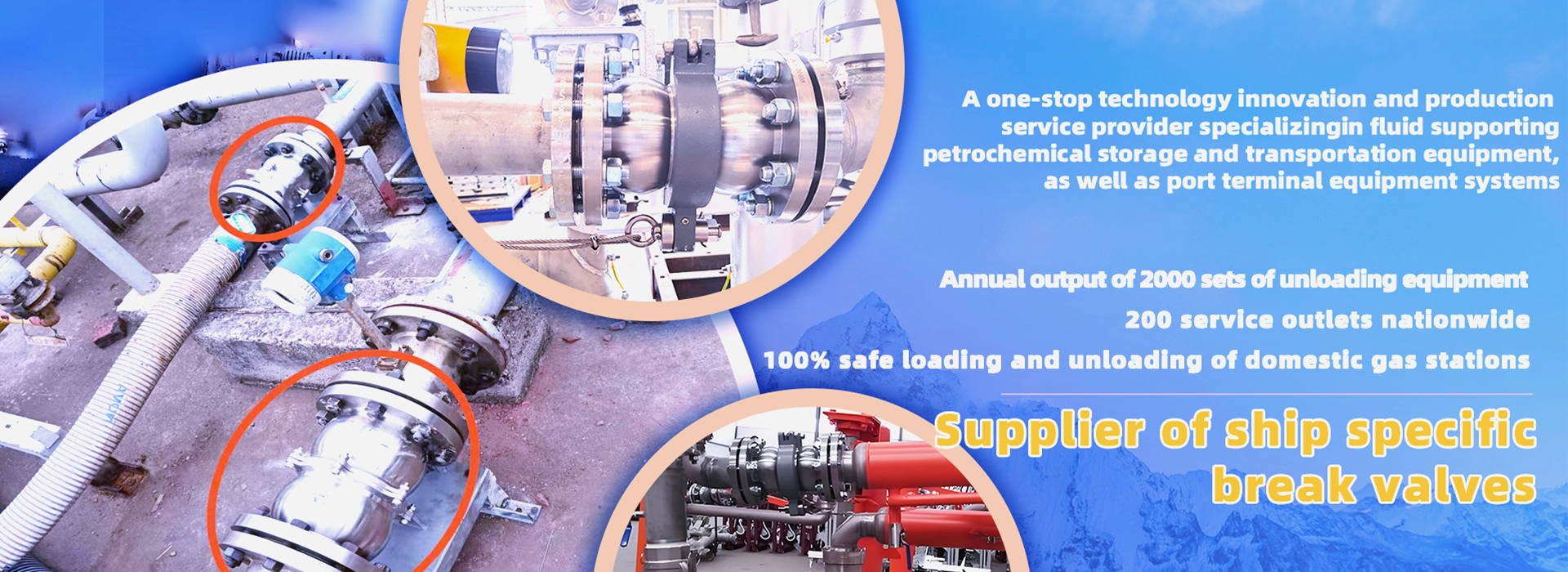Ultra-low-temperature breakaway valves, known as the "Arctic Guardians" for their reliability in frigid conditions, are core safety components for fluid transfer systems (especially for cryogens like LNG, liquid nitrogen, and liquid oxygen) operating in ultra-low-temperature environments (often as low as -196°C to -162°C).
- Emergency disconnection & leakage prevention: When the transfer hose/pipeline is accidentally pulled, collided, or subjected to excessive tension, the valve automatically disconnects at a preset breaking point to isolate the fluid source and downstream system, avoiding large-scale cryogen leakage.
- Extreme cold adaptability: Constructed with cryogenic-resistant materials (e.g., austenitic stainless steel, special composite seals), it maintains sealing performance and structural integrity without brittle fracture or seal failure in ultra-low temperatures.
- Safety protection: Prevents hazards caused by cryogen leakage, such as low-temperature frostbite to personnel, equipment damage from freezing, and fire/explosion risks from vaporization of flammable cryogens (e.g., LNG).
- High sealing performance: Adopts multi-layer sealing structures to achieve "near-zero leakage" under ultra-low temperatures, ensuring no fluid seepage during normal operation or after disconnection.
- Precise breaking control: Preset breaking tension/pressure is calibrated to system requirements; unauthorized adjustment is prohibited to avoid false triggering or failure to act in emergencies.
- Maintenance focus: Regularly inspect for material corrosion, seal wear, and tension setting accuracy; after emergency disconnection, only reuse the valve after professional testing and calibration to ensure reliability.



